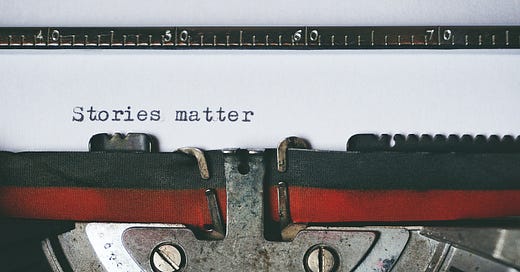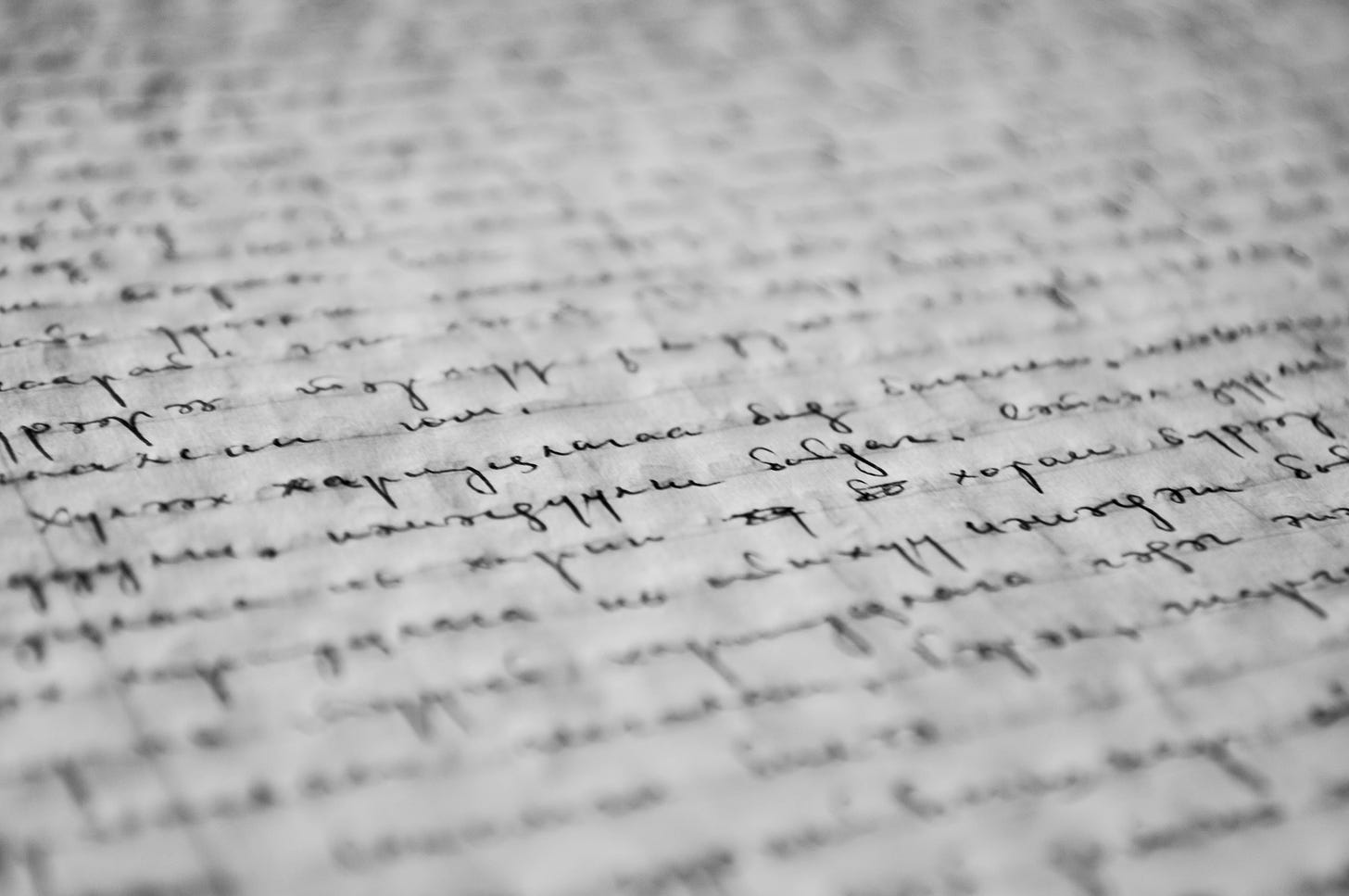How does a writer earn a living?
Reflecting on how author's low wages may lead to less diversity in publishing
I read with interest (and depressing acknowledgement) the news last week about author’s plummeting earnings.
According to the article in The Guardian, author earnings in the UK have hit an all-time low, with the average sitting at around £7,000 per annum, a fall from the previous report carried out in 2018 which put average earnings at £10,497, and a staggering decline from the 2007 figure, which sat at £12,330. The survey was carried out on writers who committed at least 50% of their work to their writing careers, meaning that at least half their earnings relied on their writing.
Of course, it is easy to be cynical about such reports; after all, writing and the arts in general is often seen as a side-gig, with many professional writers also holding other jobs in related fields, such as teaching and editing. Then there are the many writers who hold full or part-time work in unrelated fields, working on their writing on the side.
But this new report has caused concern that writing may no longer be a sustainable way to make a living, and could cause it to become a career open only to the privileged.
I would tend to agree. I have lost count of the times I have been offered writing work without pay, the only thing on offer being ‘exposure’. I have written pieces for journals and online publications for free, as they are often run by teams of unpaid volunteers, and when you start sending your work out into the world, you want it to be read above all else. If nobody reads your writing, then you cannot grow an audience, and so on.
But what is more depressing about this survey is that the statistics show that women, Black, and mixed-race authors are the worst groups affected by low earnings. This sadly won’t come as much of a surprise to many people, and it isn’t difficult to imagine how this will add to the lack of diversity within publishing. In order for an author to sustain a career in writing, they would need to have either another well-paid income (which then would have a knock-on affect on how much time they could reasonably give to their writing), or have a partner or patron helping to pay the bills.
Writers and artists of the early twentieth century often had patrons whom would support them as they worked, allowing them to dedicate time to their craft. Of course, these were predominantly white male writers, although this could perhaps also be extended to some middle-class women, whom were supported by their spouses or a small family income. Their writing ‘careers’, however, would often be seen more as a hobby or flight of fancy than the image of the author we have today.
In a 1991 essay, Elaine Showalter discussed how women struggled to be accepted as serious writers in the early part of the 20th century, bound as they were by social and domestic pressures, as well as marginalised due to their involvements within the women’s movement, and further discredited within academia. As Showalter shows, although between the wars there was a growing respect given to the so-called ‘Lost Generation’ of writers such as Ernest Hemingway and F. Scott Fitzgerald, their female counterparts were left out of such accolades as the feminine ideal began to turn against the ideas of feminism to more socially acceptable roles for women.
Academically successful writers such as Willa Cather and Edith Wharton were often discredited, with Fitzgerald claiming that, whilst he had been influenced by their previous work, he saw women as emasculating the novel by their female conventionality and propriety. Conversely, however, writers such as Hemingway would not tolerate originality or unconventionality within women’s writing.
As Showalter goes on to discuss, nowhere was this seen more than in women’s poetry, where the traditions often practised by women poets were discredited by the modernist aestheticism of poets such as T S Elliot. Modernist poets such as Marianne Moore, who showed an aesthetic consistent with the modernist style of writing, however, broke through such conventionalities.
This shows an often reported on theme when discussions of the lack of female representation on book prizes surfaces. Women’s writing has often (though certainly not always) reported on the domestic; the personal struggles of what it means to live in the world. For this reason, it could be argued, their work has often been placed in a domestic box. But closer reading, particularly a study of the modernist writers and poets of the 20th century, reveals that writing the personal often reflects the political. After all, where do political ideologies begin to take shape but in the everyday lives and domestic situations of real-life people?
I have mentioned before my studies on nursing memoirs of the first world war, in particular the phenomenal collection The Forbidden Zone by Mary Borden in which her ‘feminine’ portrayal of the frontline of WW1 revealed more about the male soldiers, their bodies, and the politics of war than it did of any kind of ‘women’s issues’.
In Virginia Woolf’s A Room of One’s Own, she famously argued for the need for a woman to have an independent income and a room of her own in which to write if she was to produce the kind of books that were important. Further, she advocated for women, whether writing about the domestic or the political, to ‘write all kinds of books, hesitating at no subject however trivial or however vast’.
It is astounding that in the early part of the 21st century we are still seeing evidence that Woolf’s advice is relevant. In order for a woman, a person of colour, (or indeed anyone) to write or create art, as this recent survey has shown, they increasingly require some kind of financial support or other income. This has been addressed in recent culture by sites such as Patreon, and of course, the Substack model, which enables readers and subscribers to pay writers and artists whom they value for their work.
As it becomes more difficult to make a living from writing by traditional means of publishing, will the only way a writer or artist can make a living be to appeal directly to the goodwill of their readers?






This post also made me think of Audre Lorde’s “Poetry is not a luxury”
She thinks you need help. Margot might not possess the quickest brain in the Western world, but she meets a boy who says he’s a poet, and the first word that comes to her is starvation.
Auster, Paul. Invisible (p. 17). Henry Holt and Co.. Kindle Edition.